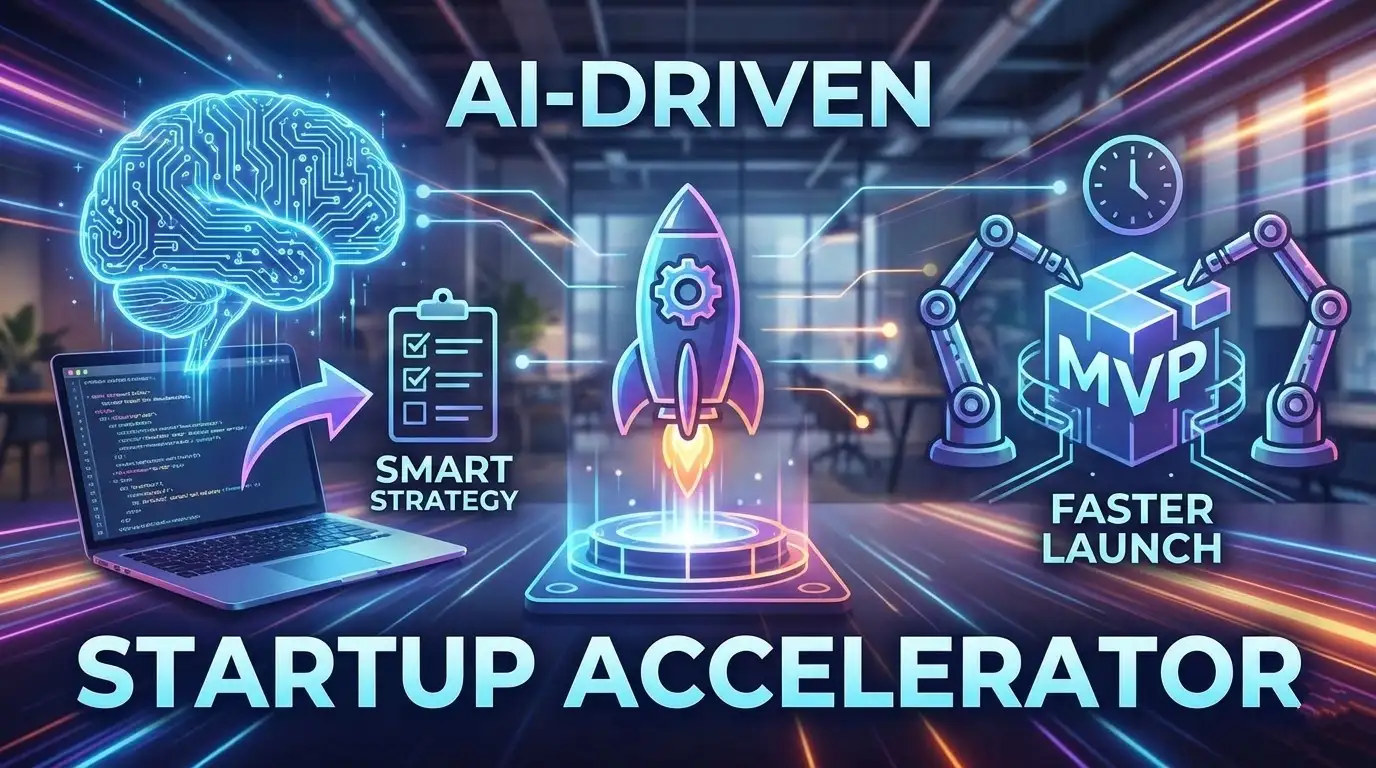Why Low-Code and No-Code Development is Gaining Momentum
Published by: Vinu VijayanMar 19, 2025Blog
In the fast-paced world of digital transformation, businesses are constantly looking for ways to accelerate software development while reducing costs and dependency on IT teams. This has led to the rapid rise of Low-Code and No-Code platforms, which empower businesses to build applications faster, automate workflows, and scale digital solutions with minimal coding expertise.
With global enterprises embracing Low-Code and No-Code app development, the market is projected to grow at a CAGR of over 25% through 2025. These platforms provide an efficient, cost-effective approach to application development, making them an attractive alternative to traditional software engineering.
Looking to streamline your application development? Learn how Evalogical's Low-Code Development Services can help your business build scalable solutions quickly.
Advantages of Low-Code and No-Code Development for Businesses
Low-Code and No-Code development platforms provide businesses with a faster, more accessible way to create applications without requiring extensive coding expertise. Here are the key benefits:
1. Faster Development Cycles
Traditional software development can take months or even years, especially for complex enterprise applications. Low-Code platforms enable rapid prototyping and deployment, reducing development time by up to 70%.
- Drag-and-drop interfaces allow businesses to visually design applications without manually writing code.
- Pre-built components and templates enable quick customization of business applications.
- Integrated DevOps tools streamline the deployment process, reducing go-to-market time.
2. Reduced Dependency on Developers
The IT talent shortage remains a major challenge for businesses. Low-Code and No-Code solutions empower non-technical employees (citizen developers) to build applications without needing an extensive programming background.
- Business users can create apps without waiting for IT teams, boosting productivity.
- Developers can focus on more complex tasks, such as custom integrations and advanced logic.
- IT teams retain control over governance, security, and compliance while allowing teams to innovate independently.
3. Cost-Effective Application Development
Developing custom applications from scratch requires significant investment in software engineers, infrastructure, and maintenance. Low-Code and No-Code platforms help businesses cut costs by up to 50% by:
- Reducing the need for large development teams.
- Lowering infrastructure costs with cloud-based deployments.
- Minimizing ongoing maintenance expenses with built-in platform updates.
Want to optimize your software development costs? Explore Evalogical's Low-Code Solutions for enterprise-grade application development.
Top Low-Code and No-Code Platforms in 2025
Several Low-Code and No-Code platforms have emerged as leaders in the industry, offering scalability, security, and ease of use.

Which Low-Code/No-Code Platform Should You Choose?
- Enterprises needing scalable applications → OutSystems or Mendix.
- Businesses using Microsoft ecosystems → PowerApps.
- Startups and SMBs building web apps → Bubble.
Use Cases of Low-Code and No-Code in Enterprises
Businesses across industries are leveraging Low-Code and No-Code app development to drive innovation and automation.
1. Automating Internal Workflows
Low-Code platforms help companies automate repetitive business processes, such as:
- HR onboarding automation - Streamlining employee onboarding with self-service portals.
- Finance & accounting automation - Building invoice processing and expense tracking apps.
- Customer support automation - AI-powered chatbots and automated case management systems.
2. Building Customer-Facing Applications
Enterprises use Low-Code and No-Code to create customer portals, e-commerce applications, and mobile apps without extensive development.
- Retail & E-Commerce - Developing AI-driven recommendation engines and shopping apps.
- Healthcare - Deploying HIPAA-compliant telemedicine applications.
- Financial Services - Creating digital banking and fraud detection applications.
Looking to develop AI-powered business applications? Discover how Evalogical's AI & Low-Code solutions can transform your enterprise.
Challenges and Limitations of Low-Code and No-Code Development
Despite its benefits, Low-Code and No-Code app development comes with a few challenges that businesses must consider.
1. Security & Compliance Risks
Low-Code platforms abstract the underlying code, making it harder to monitor security vulnerabilities.
- Solution: - Implement enterprise security policies and use platforms with built-in security compliance (SOC 2, ISO 27001, HIPAA, etc.).
2. Customization Constraints
No-Code platforms offer limited flexibility for businesses with complex application needs.
- Solution: - Combine Low-Code with traditional coding for custom functionalities.
3. Integration Challenges
Some platforms have limited API support, making integration with existing systems difficult.
- Solution: - Choose Low-Code solutions with strong API and third-party integration capabilities.
Need a hybrid approach for greater flexibility? Work with Evalogical's Low-Code and Custom Development experts to build tailored applications.
Conclusion: How Businesses Can Leverage Low-Code to Scale
Low-Code and No-Code platforms are revolutionizing software development, making it more accessible, faster, and cost-effective for businesses.
Key Takeaways:
- Accelerate development - Reduce application development timelines.
- Empower non-technical teams - Allow business users to create automated workflows.
- Reduce costs - Save on software development and maintenance expenses.
- Enhance scalability - Build applications that grow with your business needs.
Looking to implement Low-Code solutions in your enterprise? Evalogical's Low-Code Development Services provide scalable, secure, and AI-powered applications to help businesses stay ahead in 2025.



 AI-Optimized ColdFusion Servic....
AI-Optimized ColdFusion Servic....
 The Psychology Behind Great UX....
The Psychology Behind Great UX....
 UX Is Not Just Design: How Use....
UX Is Not Just Design: How Use....
 AI-Powered MVP Development: Sm....
AI-Powered MVP Development: Sm....
 Build Your MVP Faster: AI Tool....
Build Your MVP Faster: AI Tool....



Your Trusted Software Development Company